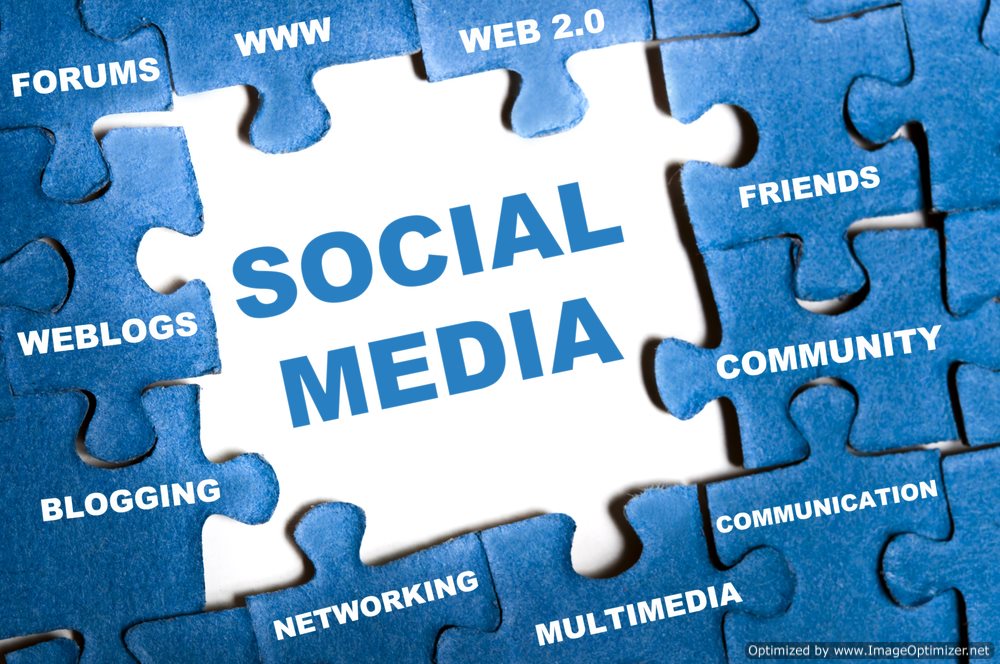Nice Rebound: Stocks Bounce Back After Worst Day of 2013





Prices of common goods are not going up very much, but should we celebrate?
The answer to this inquiry is: not exactly. Inflation that is too low could be a terrible sign for the United States economy, and some officials within the United States Federal Reserve are starting to get concerned.
Talking with reporters on Wednesday, St. Louis Fed President Mr. James Bullard looked to the Fed’s favored measure of inflation—amount of personal consumption expenditures, minus energy and food—which has recently revealed that prices rose up 1.3 percent over one year ago.
“This figure is pretty low,” Bullard said at a Levy Economics Institute meeting. “I am getting concerned about this figure, and I think that provides the F.O.M.C with room to work-out its monetary policy.”
The Federal Reserve typically aims to keep inflation around 2 percent per year; inflation at this level is deemed healthy as it coincides with legitimate economic growth, a growing labor market and gradually rising wage rates.
“the history of our economy has shown that our markets perform best with slightly higher levels of inflations such as 2.5 or 3 percent,” said Bernard Baumohl, the chief global economist for the Economic Outlook Group. “Dormant or low inflation translates into a stagnant economy.”
There are a few key reasons as to why low inflation is a bad economic indicator. First, when companies do not have any leeway to raise price, they are more apt to cut costs, which would mean a reduction in their workforce or a cutback in hiring. Second, if inflation remains low, consumers are not as motivated to spend. Third, when inflation is low or dormant, it does not offer a considerable buffer against deflation if an economic event takes place. And lastly, low inflation often comes along with lower revenue growth and wages.
The Federal Reserve has kept its short-term interest rate close to zero since 2008. When this rate was not enough to boost the economy, it launched several bond-buying sprees in an attempt to lower long-term interest rates. The Fed is now operating its third round of asset purchases, buying over $85 billion in mortgage-backed securities and Treasuries each month. This program remains highly controversial, and many are speculating about when the Fed will start to ease its bond purchasing habits.

The United States Securities and Exchange Commission charged a former employee at a Connecticut brokerage firm with scheming to profit from placing unauthorized orders to purchase Apple stock. When the ploy backfired, it ultimately caused the firm to cease operations.
David Miller, an institutional sales trader, has agreed to a partial settlement of the SEC’s charges. Moreover, Mr. Miller pleaded guilty in a parallel criminal case.
The United States Securities and Exchange Commission alleged that Miller misrepresented to Rochdale Securities that a customer had agreed to the Apple order and assumed the risk of loss on the resulting trades. The customer order was to buy 1,625 shares of Apple, but Miller instead entered a number of orders totaling 1.625 million shares at a cost of nearly $1 billion. Miller was hoping to share in the customer’s profit if the trade proved to be profitable, and if the stock price dropped he would claim that he made an error on the size of the order. The shares of Apple would up decreasing after a poor earnings announcement later that day, and Rochdale was forced to halt operations in the wake of covering the losses suffered from the illicit trades.
“Miller’s scheme was brazen, deliberate, and ultimately poorly-conceived,” said Daniel Hawke, the Chief of the SEC Enforcement Division’s Market Abuse Unit. “This is an alert and a wake-up call to the brokerage industry that unchecked conduct of even a single person in a position of trust can pose a tremendous risk on a firm and potentially to the broader markets.”
The complaint filed by the United States Securities Commission charged Miller with violations of Section 17 and 3 of the Securities Act of 1933 and Section 10 of the Securities Exchange Act of 1934 and Rule 10b-5. To settle these charges, Miller will be prohibited in SEC administrative proceedings from working in the securities industry or participating in any dealings or offerings of penny stocks. In the partial in-court settlement, Miller agreed to be enjoined from future violations of antifraud provisions of the U.S. federal securities laws. Moreover, a financial penalty will be assessed at a later date by the court system upon the SEC’s motion.
Source; United States Securities and Exchange Commission www.sec.gov


After briefly plummeting thanks to a fake tweet sent by the Associated Press saying there were explosions at the White House, stocks bounced back to end the day on a positive note.
The Associated Press said its Twitter Account was hacked, and stocks quickly rebounded. Meanwhile, positive readings on the housing market and strong earnings announcements by several companies overshadowed the disappointing news regarding the pace of global growth.
The S&P 500, the Dow Jones Industrial Average, and the NASDAQ all closed roughly 1 percent higher.
Shares of the heavily shorted Netflix surged nearly 25 percent today, after the streaming video service reported robust subscriber gains on Monday.
Travelers Companies helped boost the DOW as shares climbed more than 2 percent after the insurer reported a substantial increase in profits. Moreover, shares of Coach surged over 10 percent after the retailer posted better-than-expected sales and earnings.
Airline companies were also making waves this week due to concerns regarding flight delays at airports resulting from the government’s forced sequester. That said, Delta Air Lines and US Airways shares rose nearly 5 percent after both companies reported stronger than expected first-quarter profits.
After the bell, Apple reported earnings that surpassed expectations, increased its quarterly dividend by 15 percent and boosted its stock repurchase program. Shares of Apple initially increased approximately 5 percent in after-hours trading, but the gains lost momentum and turned during the evening hours.
AT&T also reported earnings in the afternoon; the telecommunication giant’s earnings were in line with estimates, but revenues failed to meet forecasts. As a result, shares of AT&T fell in after-hours trading.
Earnings have been a primary focus this week as investors seek to grasp any good news they can; however, this does not mean economics concerns have disappeared. Markets are coming off the worst week of 2013 last week primarily due to tepid economic data. Many analysts expect the economy to show several more signs of slowing this spring as budget cuts and higher taxes impact consumer spending.
Investors; however, were greeted with a strong housing market news as the Census Bureau reported a rise in new home sales of 1.5 percent in March to a yearly rate of 417,000. This news boosted shares of a number of home builders, including Toll Brothers, the Pulter Group and Lennar Corp.


The United States Securities and Exchange Commission announced fraud charges against a Washington State-based company and its owner for defrauding investors with claims to raise billions of investment capital under the JOBS Act and invest it exclusively with domestic companies.
The SEC alleged that Daniel Peterson and his business USA Real Estate Fund 1 guaranteed investors that they could procure considerable returns from an upcoming offering in a product backed by prominent financial companies. Peterson told investors that the 2012 JOBS Act would allow him to raise billions by advertising the offering to the American public, and produce significant profits for early investors. Mr. Peterson took advantage of his investors’ sense of patriotism by promising to invest the funds of the offering in exclusively American companies, and help assist the state of Washington in their economic recovery.
The SEC alleges that Peterson utilized investor money for personal expenses, and is continuing to solicit investors in his scheme.
“We have brought these charges to stop Peterson’s illegal activity before his fraudulent plan picks up more momentum,” said Michael Dicke, the Associate Director in the SEC’s San Francisco Office. “The American JOBS Act is intended to aid small businesses with their capital raising efforts, not to legalize fraud or provide unscrupulous entrepreneurs with the right to make fraudulent claims to dupe investors.”
According to the complaint filed in a Washington federal court, Peterson sold common stock in his fund from November 2010 to June of 2012 to more than 20 investors in Washington and five other states. Through e-newsletters and e-mails, Peterson claimed that he was preparing to raise billions in a subsequent offering of “preferred” securities, which he claimed would yield 10-year returns of up to 1,300 percent. Peterson then claimed that two prominent financial firms had partnered with him to bring this offering to the marketplace and that the firms had conducted proper due diligence on his fund and were in the process of structuring pricing models and sales agreements.
All of Peterson’s claims were false; he never created an investment product, the stated returns were made up, and he has never had any affiliation with any Wall Street firm to underwrite his purported offering.
The SEC claims that Peterson used investor funds to pay his rent, entertainment, food, vacations and luxury vehicles. Peterson also is alleged of using investor funds on clothing, luggage, and expenses at a Las Vegas casino.
